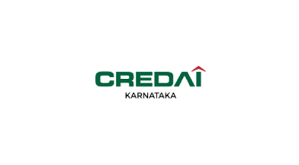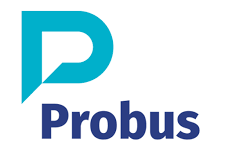Health Experts Call for Urgent Action to Eliminate Hepatitis by 2030 at ‘Illness to Wellness’ Conference
New Delhi, 28th July 2025: “Only 3% of hepatitis B patients in India are aware of their condition, and less than 1% of eligible individuals are receiving antiviral treatment. These are not just statistics, they reflect a silent public health crisis that demands immediate, coordinated action,” said Mr. Rajesh Bhushan, Former Secretary, Ministry of Health & Family Welfare, Government of India, and Chairperson, Illness to Wellness Foundation, during his keynote address at the ‘Illness to Wellness’ Awareness Conference held in New Delhi on World Hepatitis Day.
The Illness to Wellness Foundation organised the conference in New Delhi today, to mark World Hepatitis Day, centred around the theme “Prevention, Diagnosis, and Treatment for Hepatitis.” The event brought together leading medical experts, policymakers, and public health advocates to highlight the urgency of tackling India’s growing hepatitis burden through policy reform, improved access, and greater public awareness.
Speaking to the gathering, Mr. Bhushan underscored the need for bold, systemic efforts. He identified five urgent priorities to address the increasing hepatitis cases – expanded screening and surveillance, ensuring timely birth-dose vaccination, decentralisation of treatment access, driving community-level awareness, and using real-time data for action. He also stressed the need for robust partnerships and said, “Strategic interventions must be driven not only by the government but also through collaboration with civil society, the private sector, public health professionals, and the medical community”.
In his welcome address, Mr. Anil Rajput, Chairperson, Advisory Council, Illness to Wellness Foundation, said, “Under the visionary leadership of our Honourable Prime Minister, the government has launched several impactful initiatives that are combating diseases like Hepatitis. Programs such as the Swachh Bharat Abhiyan, Har Ghar Jal Yojana, and Eat Right India are playing a transformative role in improving hygiene, ensuring clean drinking water, and promoting safe food practices, each critical in preventing hepatitis. This year’s World Hepatitis Day theme, ‘Hepatitis: Let’s Break It Down,’ is a powerful reminder that the fight against hepatitis requires a holistic, multi-dimensional approach that addresses the social, economic, and systemic roots of the disease. Our Foundation is committed to complementing the efforts of the government and further strengthening preventive health awareness across the country.”
During the session, health experts highlighted alarming global data that only 45% of new-borns receive the hepatitis B vaccine within 24 hours of birth, which is a critical gap in prevention. They also emphasised that WHO’s 2030 target to eliminate hepatitis, which calls for a 90% reduction in new infections and 80% treatment coverage, hinges on several key strategies: universal vaccination, timely diagnosis, people-centred care, and widespread public awareness to combat stigma.
Giving the concluding remarks, Padma Shri Dr. (Prof.) D S Rana, Chairperson, Board of Trustees, Sir Gangaram Hospital & Member, Advisory Council, Illness to Wellness Foundation, said, “I want to thank everyone for attending today’s important event. As we heard from the experts, liver failure has no full treatment except liver transplant, and even partial treatments are extremely expensive and inaccessible for most. The reality is that hepatitis is a preventable disease, and prevention is our strongest alternative. Over the past 75 years, medical science has made remarkable progress in understanding such diseases, but the key lies in public awareness and early action. I would like to congratulate the Illness to Wellness Foundation for their continued good work in driving preventive health efforts across the country.”
The conference concluded with a call to action: to break the silence, scale the response, and build a hepatitis-free Bharat by 2030.
 Newspatrolling.com News cum Content Syndication Portal Online
Newspatrolling.com News cum Content Syndication Portal Online







